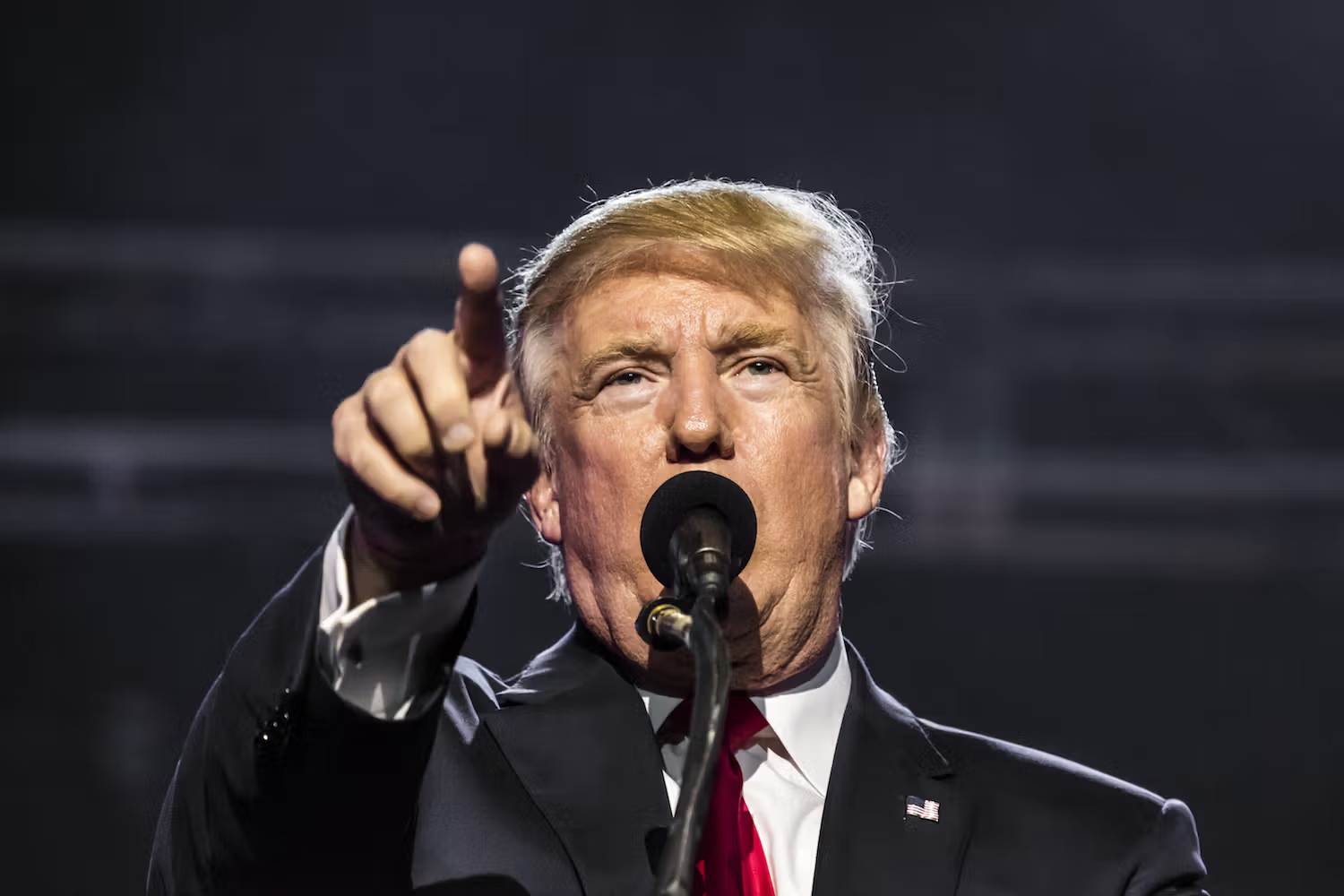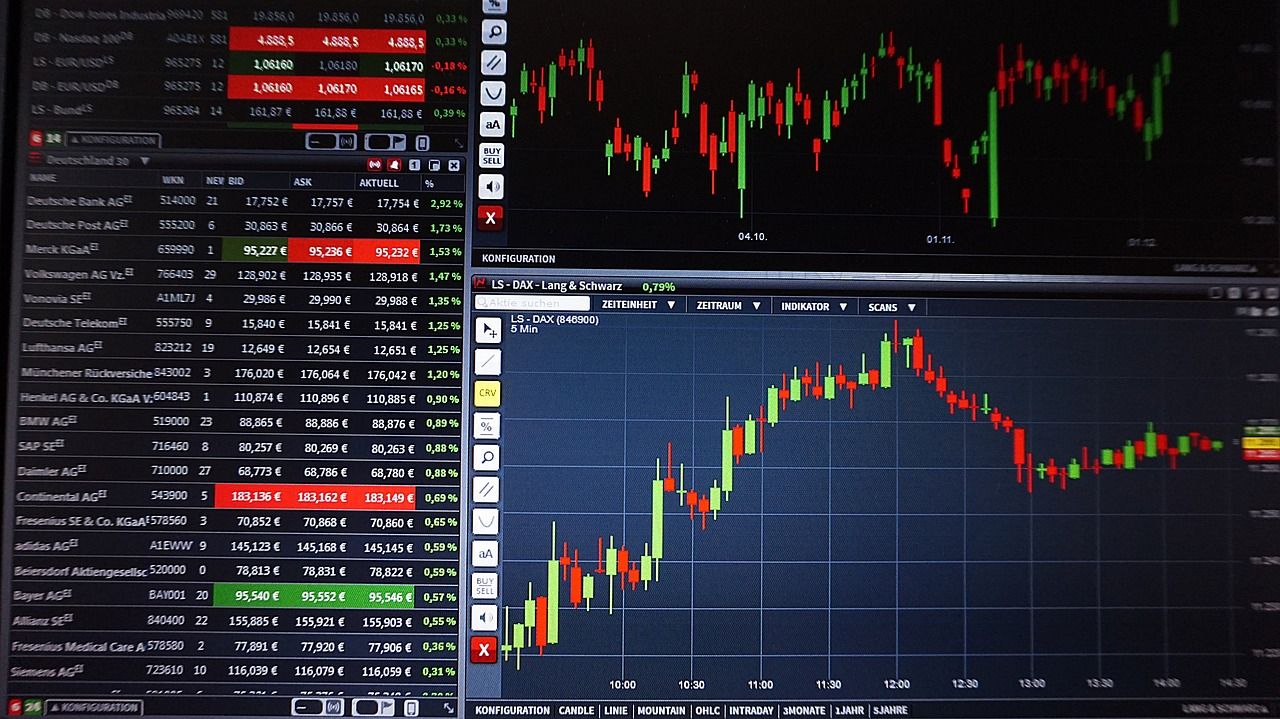Digital Currency Group and Ex-CEO Reach $38.5 Million Settlement with SEC
Overview
Digital Currency Group (DCG) and its former CEO, Soichiro "Michael" Moro, have agreed to pay a combined $38.5 million to settle securities fraud charges with the US Securities and Exchange Commission (SEC). The crypto venture capital firm will bear the brunt of the financial penalty, paying $30 million in fines, while Moro will personally be liable for a $500,000 penalty.
Background
The charges stem from DCG and Genesis’ response to the collapse of crypto hedge fund Three Arrows Capital (3AC) in the summer of 2022, which created a $1 billion hole in Genesis’ balance sheet. The SEC and the Department of Justice began investigating DCG in 2023.
SEC Charges
The SEC accused DCG and Moro of working together to cover up the massive hole by falsely claiming that DCG had absorbed Genesis’ losses. Specifically, DCG allegedly issued Genesis a promissory note, promising to pay $1.1 billion over 10 years at 1% interest. DCG denied that the promissory note was a sham.
Settlement
Under the settlement, DCG and Moro agreed to a cease-and-desist order. While neither DCG nor Moro admitted to wrongdoing, the settlement requires them to pay the combined $38.5 million penalty.
DCG’s Response
A spokesperson for DCG stated, "We are pleased to have concluded an extensive investigation process that was limited in its findings and focused on the social media posts and communications made by our former operating subsidiary, Genesis Global Capital. DCG has always strived to conduct its business with the highest integrity, and we believe our actions related to Genesis were consistent with that approach."
SEC’s Perspective
Sanjay Wadhwa, Acting Director of the SEC’s Division of Enforcement, said, "It is vital that companies and their officers speak truthfully to the investing public, especially in times of financial instability or turmoil. The Commission found that DCG and Moro fell short in that regard. Rather than being transparent about Genesis’ financial condition and DCG’s efforts to ensure Genesis’ continued operation, DCG and Moro painted a misleadingly rosy picture."
Conclusion
The settlement marks a significant development in the ongoing regulatory issues surrounding the crypto market. The SEC’s actions demonstrate its commitment to maintaining investor trust and ensuring transparency in the financial industry.
FAQs
Q: What is the nature of the settlement?
A: The settlement is a combined $38.5 million payment by DCG and Moro to settle securities fraud charges with the SEC.
Q: How much will DCG pay in fines?
A: DCG will pay $30 million in fines, while Moro will personally be liable for a $500,000 penalty.
Q: What is the alleged wrongdoing by DCG and Moro?
A: The SEC accused DCG and Moro of working together to cover up the collapse of Genesis’ balance sheet by issuing a promissory note that was allegedly a sham.
Q: How did DCG respond to the allegations?
A: DCG denied that the promissory note was a sham and stated that it had always conducted its business with the highest integrity.
Q: What is the SEC’s perspective on the matter?
A: The SEC believes that DCG and Moro failed to provide transparent information about Genesis’ financial condition and DCG’s efforts to ensure Genesis’ continued operation, painting a misleadingly rosy picture instead.










